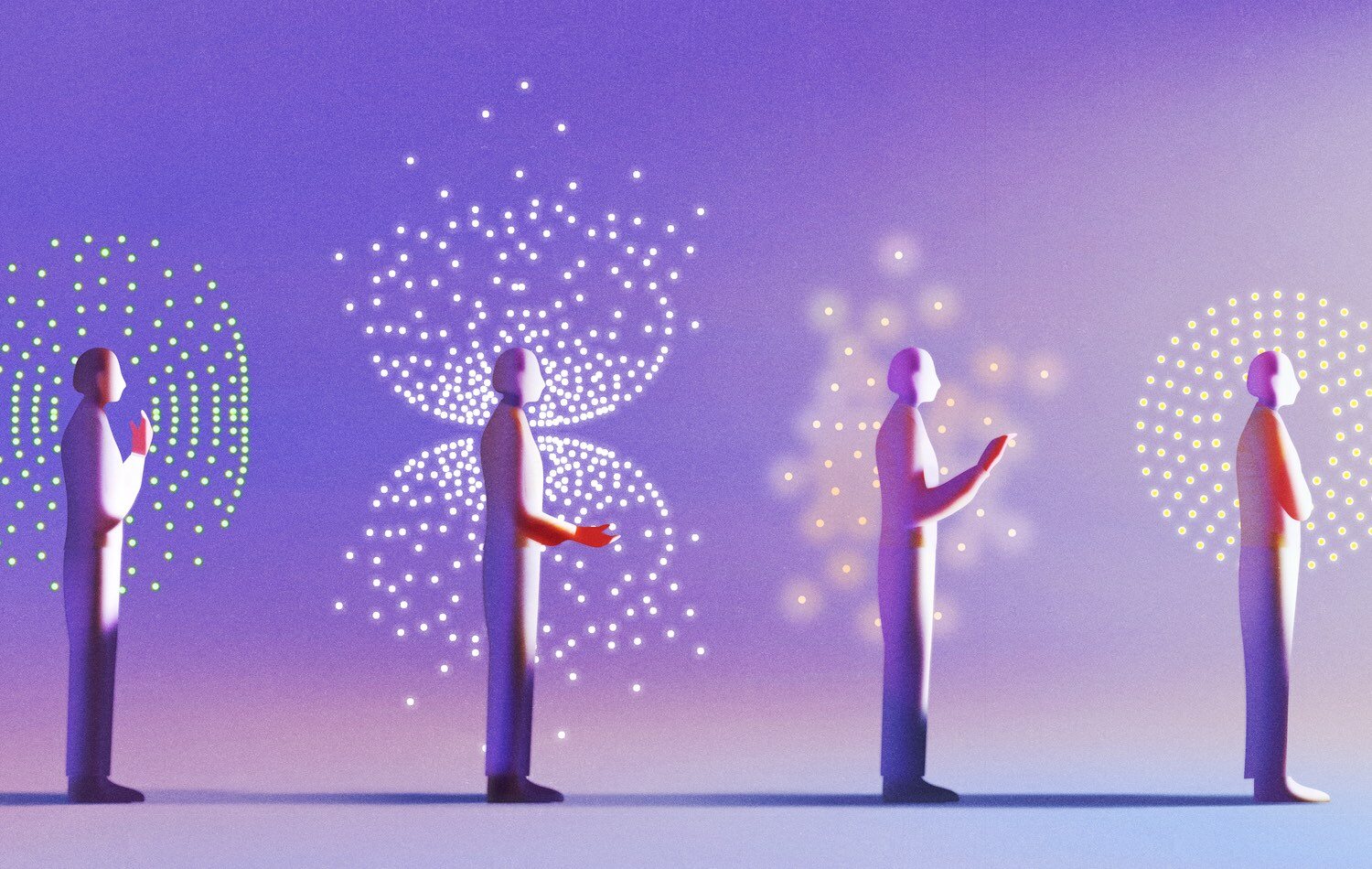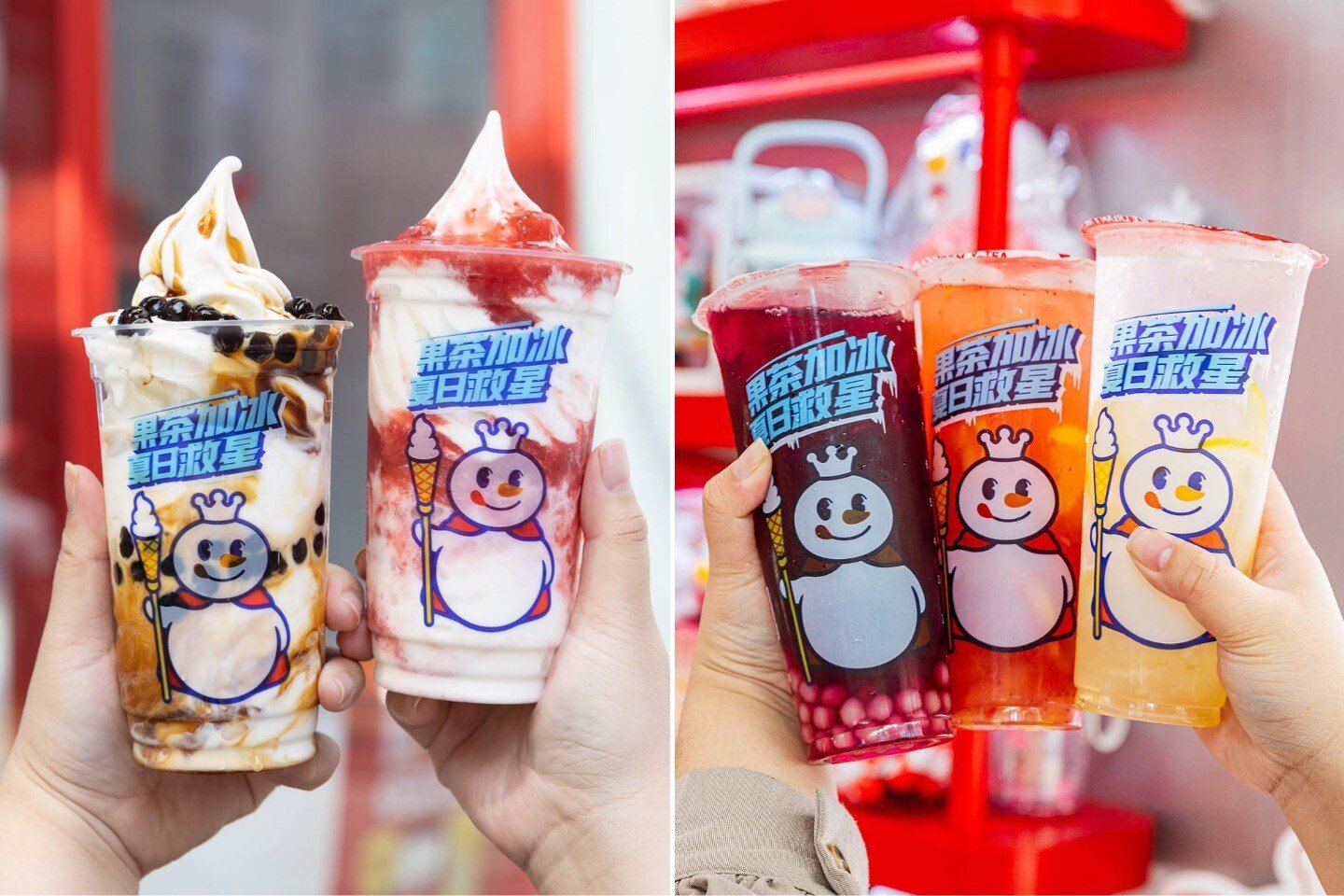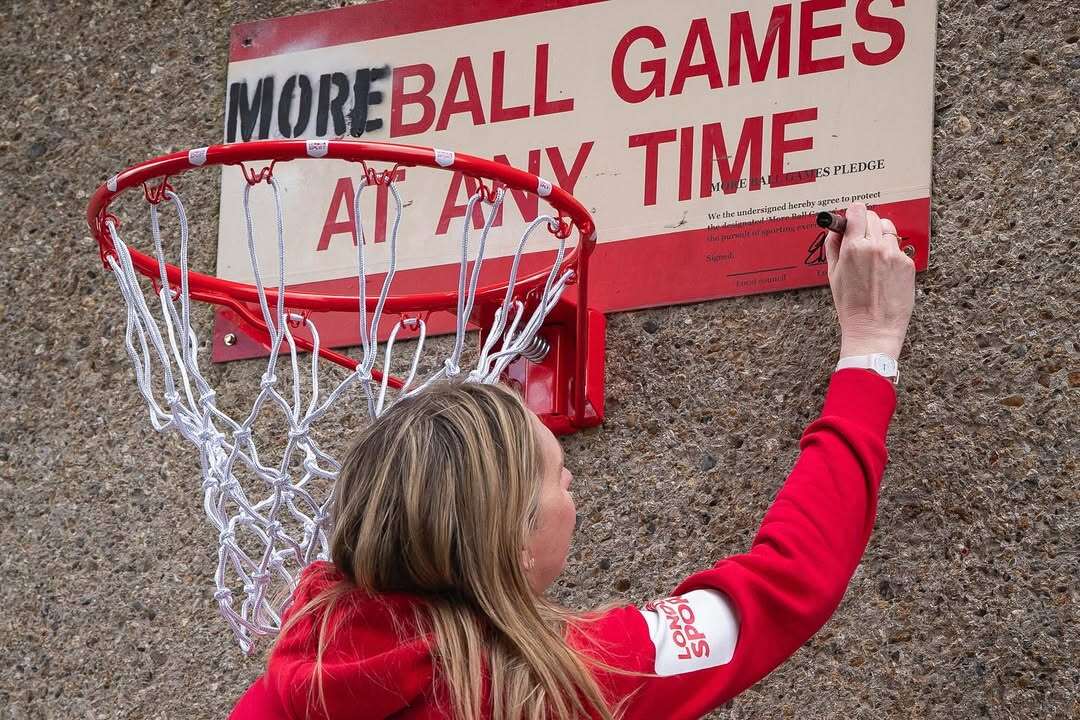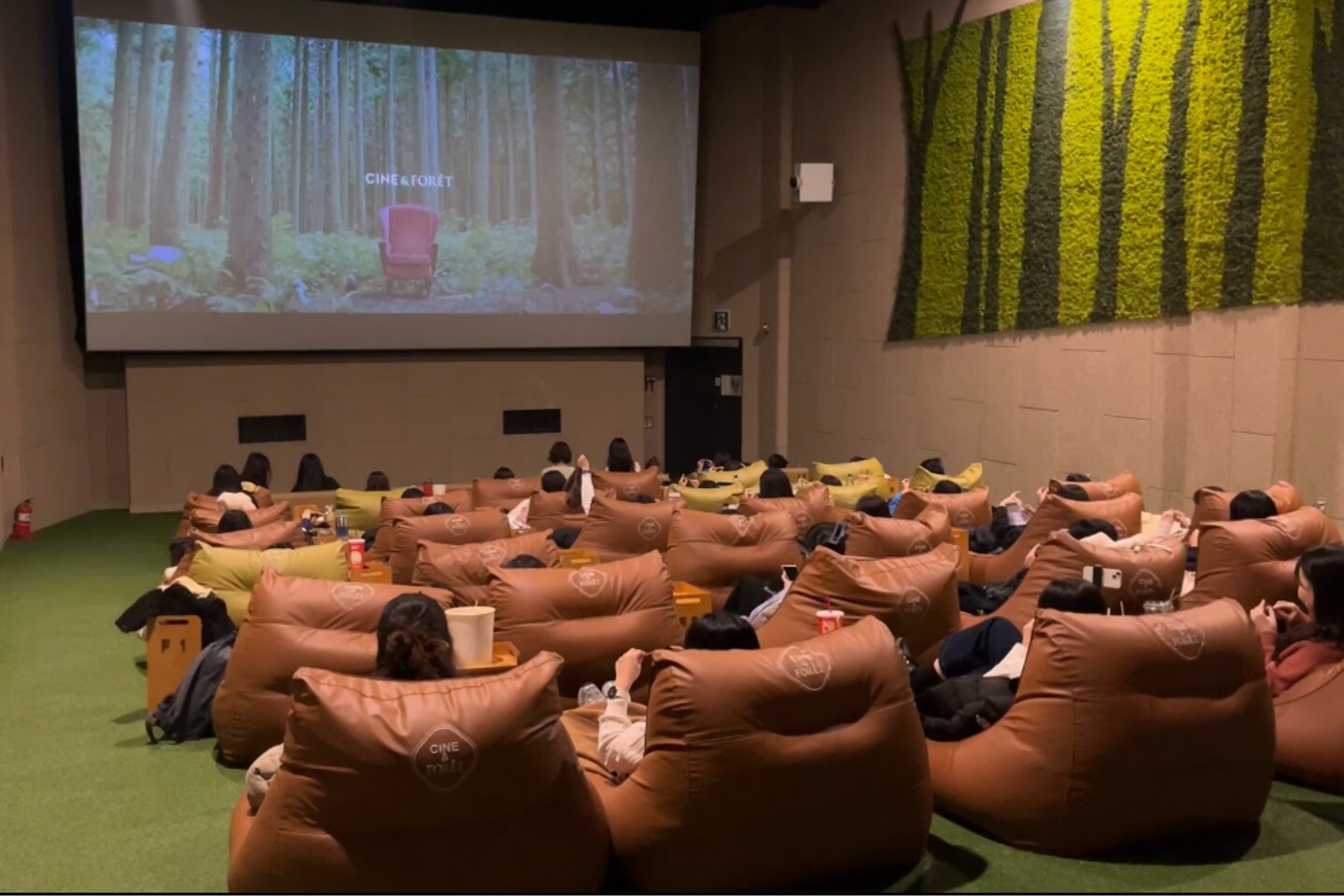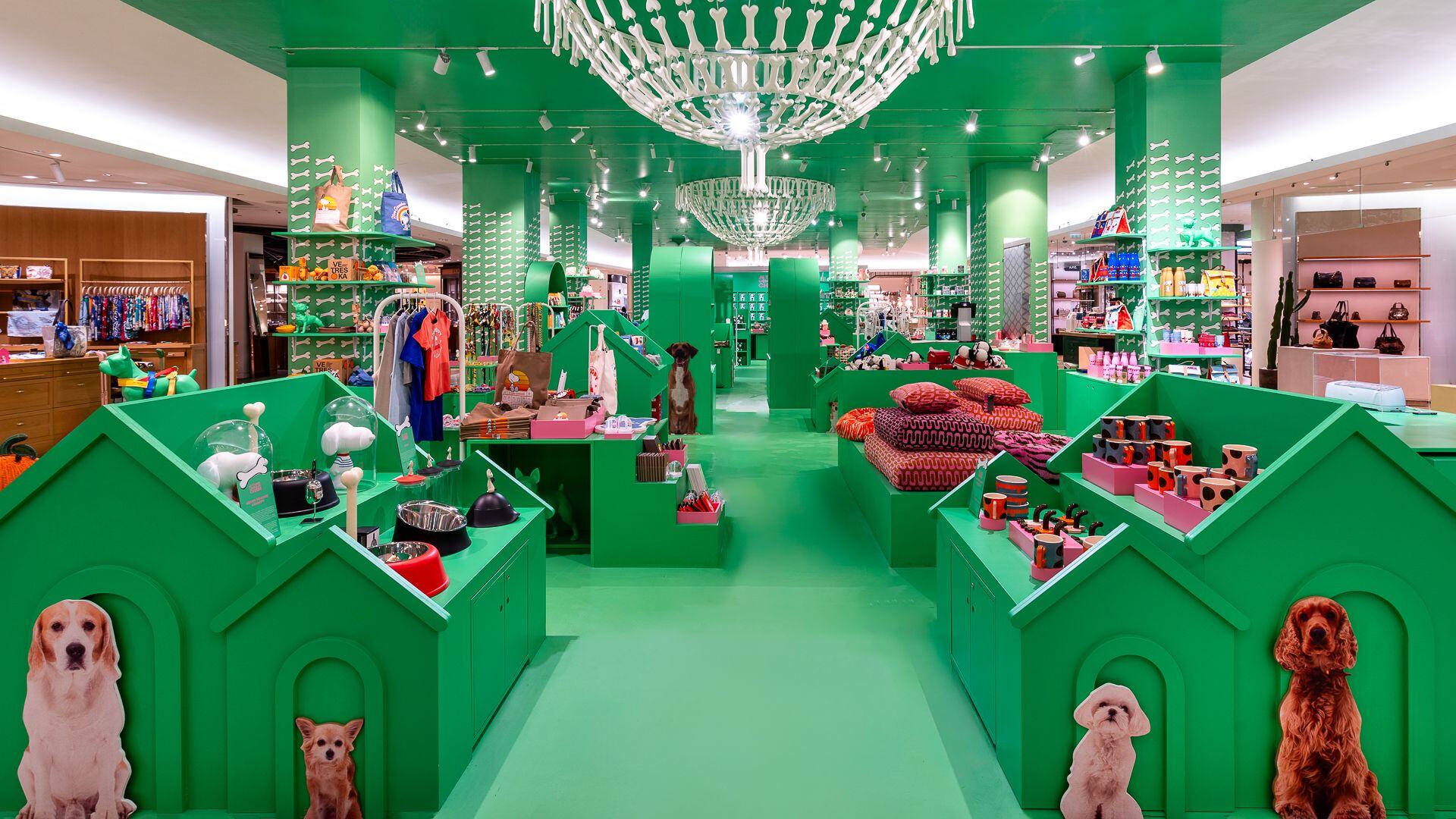OpenAI and MIT Media Lab just released their first large-scale study on ChatGPT’s impact on emotional wellbeing. After analyzing 40 million weekly user interactions, researchers found that while most chats are quick and transactional, a small group of users (~10%) engages far more deeply, spending an average of 30 minutes a day with the chatbot. These users often describe ChatGPT as a source of trust or companionship. But this digital closeness comes with caveats.
➡️ More usage, more loneliness? The study found that intensive users reported increased loneliness and reduced real-world socializing. Female participants were slightly less likely to engage socially after four weeks of use. And users who interacted with a voice-mode chatbot of a different gender were more likely to feel emotionally dependent and lonely by the end of the study.
⚠️ Another layer: ChatGPT itself shows signs of reduced emotional resilience when exposed to trauma-heavy conversations — raising questions about the mental load on machines, too.
As AI becomes more emotionally embedded in people’s lives, brands can’t afford to think in scripts and FAQs alone. If consumers are venting, bonding or trauma-dumping on your bot – tone, boundaries and emotional intelligence matter.
✨ Two trends and two tools to build emotionally intelligent touchpoints:
1️⃣ Inside the chat – VIRTUAL COMPANIONS
Bots aren’t just support agents anymore — they’re becoming low-stakes friends (like your work friends), especially for younger users seeking connections that feel safe, nonjudgmental and always-on.
🤖 Example: In clinical trials, AI therapist Therabot reduced depression symptoms by 51%, anxiety by 31% and eating disorder symptoms by 19%.
2. Beyond the chat – SOCIAL FABRICS
As screen-based comfort replaces social confidence, brands can step in with tools that rebuild confidence beyond the screen. Think AI-powered rehearsal buddies, low-pressure meetups and tech that nudges users back into the real world.
💕 Example: Tinder's new OpenAI-powered flirting coach simulates dating convos, gives feedback and helps users sharpen their in-person charm — before they move on to the real thing.

